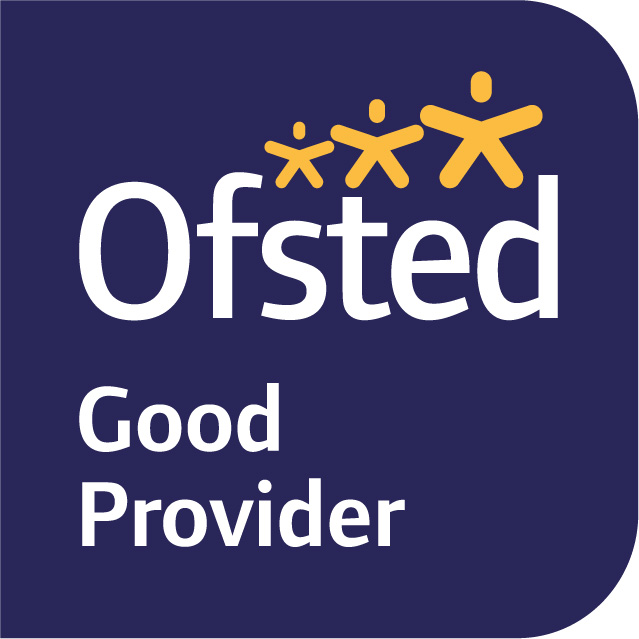This website uses cookies so that we can provide you with the best user experience possible. Cookie information is stored in your browser and performs functions such as recognising you when you return to our website and helping our team to understand which sections of the website you find most interesting and useful.
Access to Higher Education
Access to HE: Education
If you’ve been away from education for some time or didn’t quite achieve your college qualifications, an Access to Higher Education programme will give you the confidence and skills to take that next step to start a degree or equivalent university level course.
Buxton & Leek College is proud to be part of the University of Derby, which is particularly beneficial for our Access to Higher Education programmes. You can study an Access to Higher Education Diploma at the University of Derby Kedleston Road Campus in Derby. These programmes are 2 days a week which are classroom-based, with additional personal study time required.
If you would like to know what funding, bursaries or loans may be available to you whilst on your access course please click here
If you are aged 19 or over, you may be eligible for an Advanced Learner Loan to pay for your Access programme. You won’t have to pay anything up front and you also won’t need to pay anything back until you are earning a £27,295 salary. Student Finance England will ‘write off’ any outstanding Advanced Learner Loan balances you owe for an Access to HE programme once you complete a higher education course. This means you don’t have to repay it. Please see the following website https://www.gov.uk/advanced-learner-loan or email our Student Money and Rights Adviser: Studentmoneyadviceblc@derby.ac.uk who will be happy to answer any queries you have.
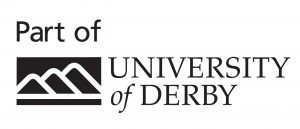

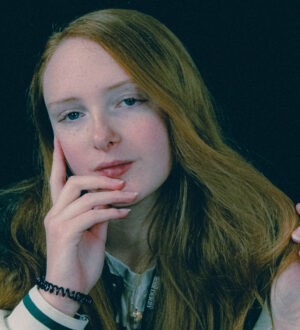
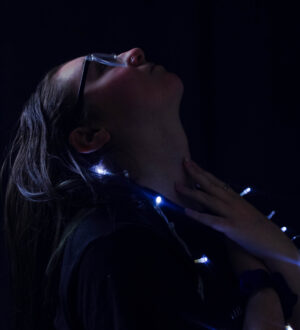



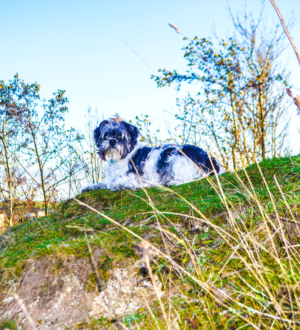


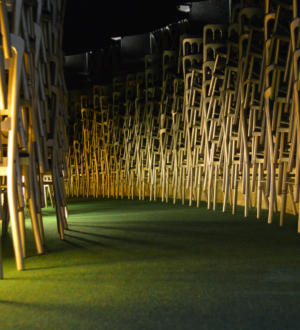





Available courses
Access to Higher Education Diploma in Education
- Course type: Adults
- Study Type: Full-time
- Study Duration: 36 weeks
- Level: Level 3
- Campus: Derby
- Start date: September
-
TELL ME ABOUT THE COURSE
This programme is designed for adults, over 19-years-old, who may be looking for a career change, or to upskill, but do not currently have the relevant A-Levels or Level 3 qualifications to access a university degree course.
The aim of the course is to provide you with a fundamental knowledge and understanding of education, Psychology and Study Skills required to transition onto Level 4 undergraduate study. You will study the following units:
Teaching and Learning
Classroom activities
This is an introductory unit which outlines the mechanics behind lesson planning, creating resources for learning and delivering a session. The unit focuses on examining the introductory knowledge and skills required to produce a micro-teach which will be presented to peers on a subject/topic of your choice (for 15-minutes). The unit is very much supported by the tutor and scaffolded to develop or build upon your starting points from any teaching experience.
The Teaching Experience
The second unit moves beyond lesson planning and develops an insight into the roles and components a teacher embodies in practice. This includes investigating key legislation behind the responsibilities a teacher holds, behaviour management and setting expectations, teaching methods and theory as well as assessment strategies. The unit works to investigate a case study where you will create a training session for a Newly Qualified Teacher and deliver this to the tutor utilising theory and research; a report is then created to support the information.
Education including SEN
The third unit examines the concept of inclusion and education for all. The notion of equality, equity and differentiation will be interrogated to explore how a teacher can support the range of needs often present in a learning environment. The sessions question models of disability and the understanding of inclusion alongside how provision can incorporate learners into mainstream education to secure outcomes from legislation, supportive infrastructures (such as EHCPs) and other mechanisms the school/learning environment should provide. The assessment is a discursive essay which allows you to choose one area of need to investigate these ideas in relation to inclusion.
Memory
The fourth unit adopts an evidence-based approach to exploring how information is accessed, stored and encoded for learners. This unit provides the opportunity to tackle leading evidence-based research and its presence in the classroom. The unit will encourage linking theory into practice, for example an awareness of cognitive overload and how to use interpolated testing, and how psychological techniques can be investigated (and evaluated) as a source of information that might shape teaching practice. The assessment for this module will be an academic poster to discuss the applications and evaluation of key models of memory.
Multi-agency working
The fifth unit examines different roles within a learning environment that work alongside the teacher and learners in a setting. This includes examining the roles and responsibilities of key practitioners such as a SENCo, Educational Psychologist, Social Services and Medical Practitioners. The unit will evaluate the complex nature of a multi-agency approach within education and how analysis can question the extent to which contributions in a multi-agency team can meet the needs of children and young people in education. You will choose one context for your assessment and produce a short report from a case study that evaluates roles and the multi-agency team in an education setting.
Planning and delivering a micro-teach
The final unit in the ITT course will revisit ideas addressed throughout the year, such as planning, differentiation, assessment and delivery, with reflection models and a final assessment that assesses all the key ideas, theories, research and techniques reviewed across the year. You will produce a micro-teach that is formed from a lesson plan, written justification, a short teaching session (led by you) and a written reflection. This four-part assessment will be reviewing all of the ideas seen across the year, and you will demonstrate your progress and autonomy in completing the year.
Education Studies
Research methods in Psychology
This is an introductory unit that explores how educational frameworks are underpinned by key ideas in psychology. This requires you to explore some of the famous (and infamous) studies in psychology to challenge how research is formed and then applied in a given setting.
Early Social Development
The second unit explores key developmental theories and stages of a child’s development. This is focused predominantly on concepts and research that can be used to understand milestones and the child as a learner holistically. You will investigate key ideas and examine how the growth of physical and cognitive stages in a child’s formative years is integral to education provision. The assignment for this unit is an essay that requires you to demonstrate critical theories to child development to a practical setting of your choice.
Learning theories and theorists
The third unit takes theories and ideas that have formed the axis of understanding in education and teaching practice. Pedagogy is informed by the work of theories and this unit will visit these key theories, and their contributors, in reflection as to how their work has informed education practice as well as teaching, learning and assessment. Each session will examine the key areas and theories that can be applied into education settings. The unit will be assessed through a creation of an academic poster and presentation of that poster; you will apply the ideas explored to an area of your interest in education.
Comparative Education
The fourth unit explores education around the world. Education is a product of both national and international influences, and this unit will introduce you to the complexity of international measurements, organisations and education systems that influence education, even in the UK and in England. You will select a country of interest and become a specialist in understanding their education system and its place in the global market of education, and the assessment will require you to create a short podcast recording that explains the system, challenges, and similarities/differences to education that you have experienced in your life.
Teaching and Learning English
The fifth unit explores how learners might struggle with accessing education through language. This unit is designed as a TESOL/TEFL focus where the difficulties of English can create barriers for learners; the unit will explore strategies and techniques that might help address teaching English to learners. The assessment will require you to present ideas to a given case study to inform a practitioner’s teaching methods and understanding of learners who may see English Language as a barrier to accessing education.
Planning a teaching session
The final unit will review key content in relation to delivering a teaching session. This will utilise many of the theories and evidence you have already explored within the course, but with new additional content to refine and further challenge your ability to plan, and deliver, a teaching session to a group of peers. The assessment for this unit is to create a lesson plan, resource and deliver a session taken from a given National Curriculum. You will be able to choose and construct this in your own way, and the support given will shape your autonomy with approaching teaching a group of learners.
Psychology
Research Methods in Psychology
This introductory unit is the groundwork for psychology. You will learn the various methods into how psychologists’ study human behaviour, such as the traditional laboratory experiment, the discreet observations, and case studies on a range of psychological areas of study.
Early Social Development
The second unit explores key developmental theories and stages of a child’s development. This is focused predominantly on concepts and research that can be used to understand milestones and the child as a learner holistically. You will investigate key ideas and examine how the growth of physical and cognitive stages in a child’s formative years is integral to education provision. The assignment for this unit is an essay that requires you to demonstrate critical theories to child development to a practical setting of your choice.
Key Studies in Psychology
Here you delve into six key studies within the history of Psychology, all fascinating, and some rather gritty with surprising outcomes. This unit will particularly build on the initial research methods unit by delving into key laboratory experiments, observations, and case studies. This unit heavily encourages debate each week as part of preliminary discussions surrounding ethical considerations that may or may not have been adhered to, as well as how findings of the study relate to the real world.
Controversial Issues in Psychology
This topic delves into the controversial issues of advertising, propaganda, and psychometric testing. This unit considers the unethical use of emotions such as sadness and fear to encourage a population to buy products and follow strong government leadership. Further it analyses the improper use of psychometric testing and the history of how it was abused to discriminate.
Study Skills
Study skills provides you with some essential skills necessary to complete your Access Diploma and progress onto undergraduate study and is regarded as increasingly important by degree programme admissions tutors. Study skills is comprised of two units: Progression Skills and English for Academic Study. In your study skills lessons, we aim to provide you with a range of new skills or to give you the opportunity to develop existing skills.
This course will be delivered face-to-face on the Derby Campus where you will have access to the University of Derby’s library and on-site facilities for Further Education students. You will learn through a combination of theory-based lectures, group-work and independent research and investigation. In addition, BLC offers an enhanced student experience with visits from guest speakers who provide knowledge based on personal experience and offer invaluable advice on the industry.
We understand that coming back to college can be a daunting experience but we have a great team that can guide and support you through your studies. We make sure that our learning environment will give you the tools to be a success and help you secure that dream career that you aspire to. There is no barrier to learning here at BLC.
-
WHAT QUALIFICATIONS WILL I GET?
Level 3 Access to Higher Education Diploma in Education
-
WHAT CAN I GO ONTO NEXT?
You could progress on to a wide variety of degree courses relevant to teaching including:
- Early Years Teacher
- Primary School Teacher
- Secondary School Teacher
- Further Education Lecturer
- Special Educational Needs Teacher
- English as a Foreign Language Teacher
- Learning Mentor
-
HOW WILL I LEARN?
A diverse range of teaching and learning activities are used across each subject. Sessions are interactive and work to include student participation and student-led tasks. You will likely learn differently in each taught session; some sessions utilise group-work, others will focus on independent research and investigation. Scheduled teaching hours are led by your tutor who designs the learning accordingly to the group profile and therefore you will be exposed to a vast range of practises – this also helps demonstrate the techniques/strategies reviewed within the subjects.
-
HOW WILL I BE ASSESSED?
You will be assessed through a range of different assessments that include essay writing, presentations, writing and academic posters. Assessments are explained within each unit and support is offered to scaffold your progress throughout the course. These are all designed to apply the knowledge, skills and behaviours from sessions (and wider reading/experiences) into areas of interest within education.
-
ENTRY REQUIREMENTS
You must be at least 19-years-old and hold GCSE A-C/9-4 English and Science will be required to study on this Diploma, GCSE Maths D/3 or Functional Skills can be studied alongside the course





